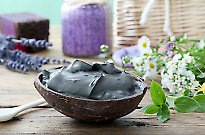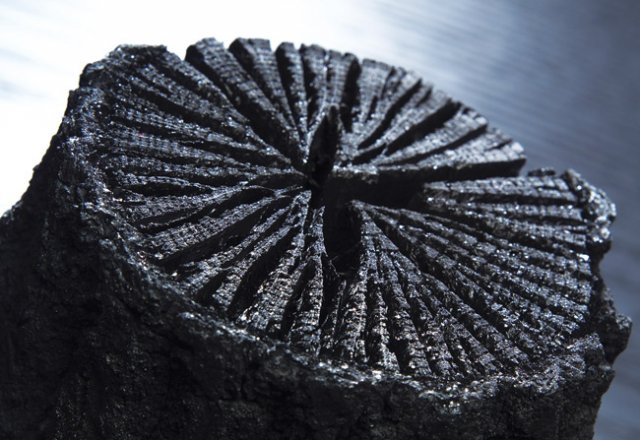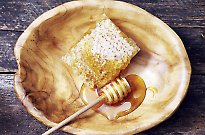
Activated charcoal: the next big thing in beauty?

The powerful black beauty supplement is now being used as a topical must-have
Whether it’s for pearly whites or as a hangover helper, activated charcoal is garnering much-deserved attention as the latest wellness and beauty do-it-all.
Shannon Dunn writes.
Activated charcoal is a carbon-based porous powder that’s usually sold in capsule or powder form and has been a health go-to for more than 10,000 years. Its uses can be traced back as far as 3750 BC Egypt, where it was revered for its antibacterial and antifungal properties.
What's it used for?
Charcoal was traditionally taken orally to alleviate symptoms of food poisoning, nausea and urinary tract infection, but now, in the age of wellness, its robust beautifying properties are having their turn in the spotlight.
Said to absorb up to 200 times its weight in impurities, the powerful black beauty supplement is now being used as a topical must-have; blending with anything from oats to aloe vera to make purifying face treatments and clarifying hair masks – or simply used as double duty to banish mouth bacteria and foster pearly whites.
How is activated charcoal made?
Activated charcoal goes through a natural process before becoming the popular bacteria binder. Burning materials such as wood or coconut shells forms carbon. High temperature then removes the oxygen before it’s activated with steam. The result? A highly magnetic substance that binds poisons, heavy metals, chemicals and intestinal gases.
“Carbon is 100 per cent alkaline and is spinning with electrons making the substance highly electrical,” says James Colquhoun, nutritionist and Food Matters filmmaker. “Carbon’s negative ionic charge attracts positive ionic charges (of toxins and poisons), causing them to bind, and then escorts them out of the body via the eliminative channel of the intestines.”
However, some health practitioners say while topical beauty uses haven’t shown any documented adverse reactions, taking activated charcoal internally should be reserved for times it’s really needed, such as for bouts of food poisoning.
Contraindications: When taken internally in high doses, activated charcoal binds with and eliminates vitamins, drugs and other nutrients. For acute cases, take activated charcoal for a brief period of time under the supervision of your naturopath or other health practitioner. Ensure lost nutrients are replaced. Activated charcoal will not adsorb cyanide and is not recommended for corrosive acids or alkaloids. Consult with your naturopath or other health practitioner in these situations.


